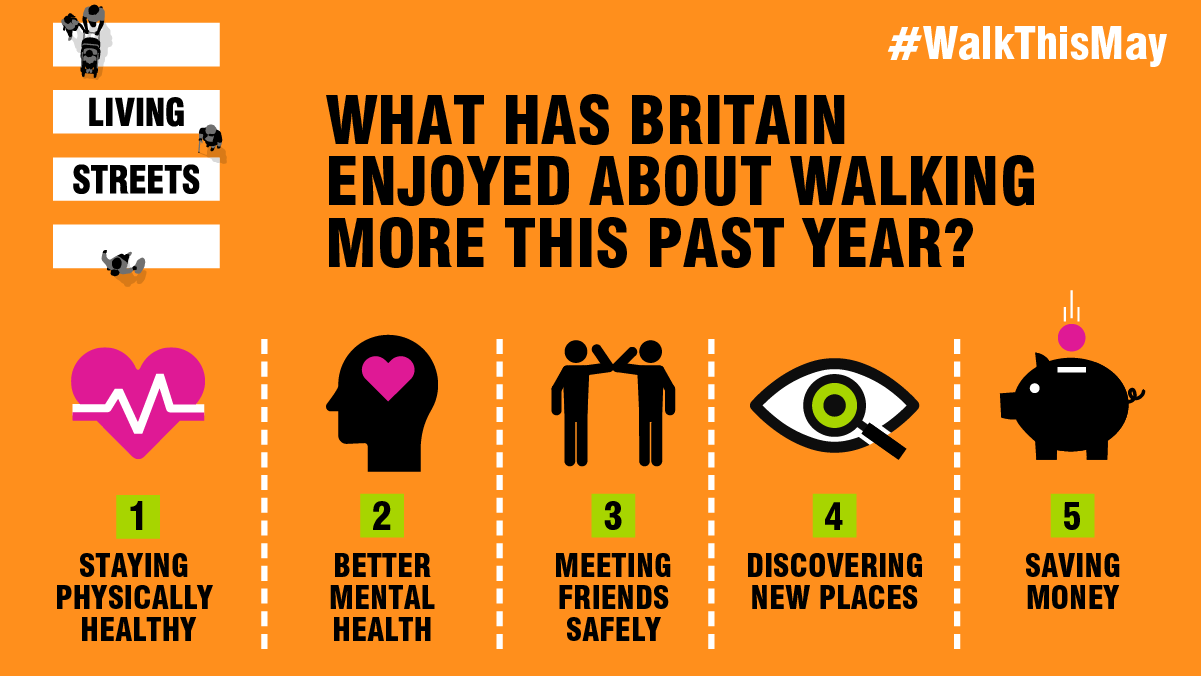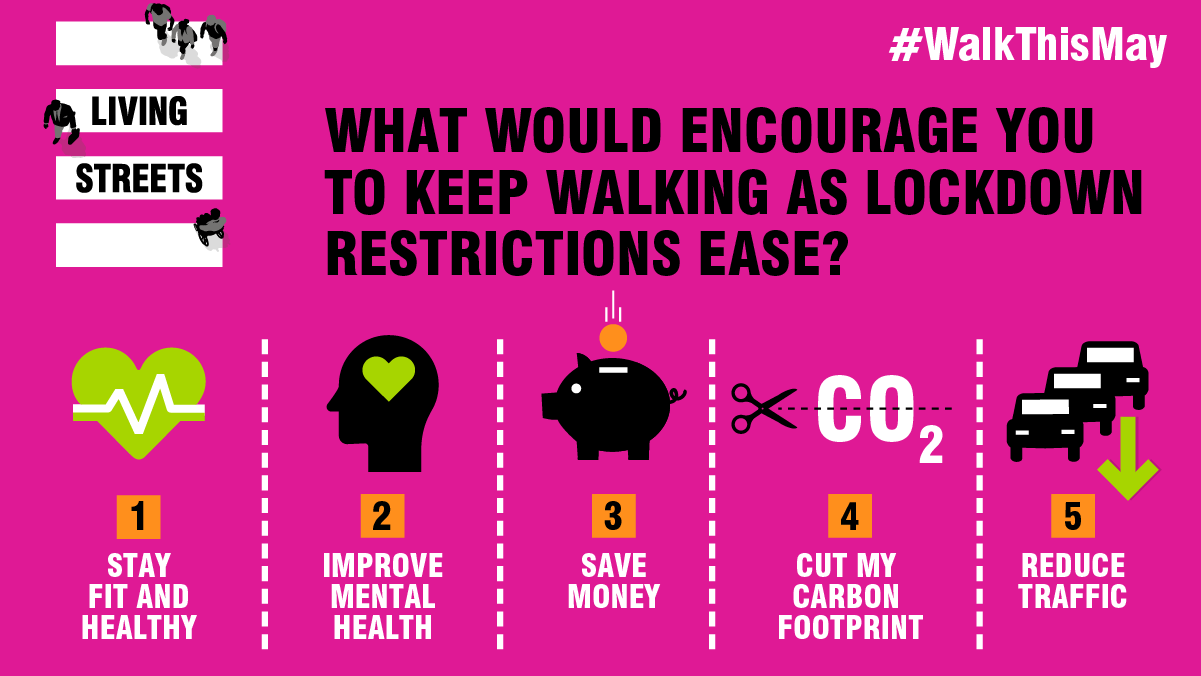For many of us, with the recent Government announcements, the thought of coming out of our bubbles of isolation to return to the workplace may now be playing on our mind, some may have already returned. For many working from home, or being on furlough has been the reality for the last few months. With the unpredictability of COVID-19 and ever changing guidelines the idea of returning to work can be a daunting one.
It is natural to be concerned about this return to work, you may find yourself questioning; will it be safe? What measures have been put in place? Will my colleagues be considerate of social distancing? Will my employer make me come in? These anxieties are understandable, below are some tips to consider to help ease some of them.
Speak with your manager
Speak with your manager and share your anxieties around your return to work. Make them aware that you’re feeling anxious and tell them what about.
If it is a concern about social distancing in the workplace, ask about measures taken to ensure social distancing can be adhered to. If it is about the commute in, speak about it as options may be available to explore with your manager to help.
Most of us are feeling the same so don’t be afraid to share these anxieties, speak up!
Be prepared for return to routine
Routine for a lot of us has gone out the window since the pandemic began, but with many returning to work we need to ease our way back in to our old routines to avoid a complete shock to the system.
This means getting your sleep pattern back to where it should be, planning your travel, food etc. ahead of time. Be as productive as you can be at home; complete tasks and do chores to get back in to the swing of being task driven and this will help you structure your days. This will help to ease you back in to your old routine and will help to reduce any anxieties of feeling unprepared.
Look after your general wellbeing
Getting back in to the workplace and back to your usual routine will be strangely disruptive as although it means going back to the norm, we have become adjusted to a new way of life for a considerable period of time.
Try to make time for yourself to exercise either physically or with mindfulness. Eat healthy, drink lots of water and try to ensure you’re getting enough sleep. These things are tips which can help to reduce anxieties in general, including returning to work anxieties. It can also help you establish a routine again.
Know what is available to you
Alongside speaking with your manager, it is important to gain a full understanding of your organisations wellbeing and COVID-19 policies and procedures that are in place. This will help to know your rights when working during a global pandemic.
Be aware of support that is available to you, your company has made the Care first EAP service available to you for support 24/7. You can call the support line at any time if you have anxieties you want to discuss with a counsellor. Alternatively, if you are in need of advice from a more practical standpoint then you can call Care first and speak with an Information Specialist who are available 8am-8pm Mon-Fri. Find out what else is available in terms of support from your company which may help you to overcome any anxieties you may experience.
More Information
If you feel you may need some support, you can contact Care first. Care first is a leading provider of confidential professional counselling, information and advice services. All employees are eligible to use Care first and our services include; telephone counselling, information services and online support. Call Care first on the Freephone number provided by your organisation and you can speak to a professional in confidence.
If you would like to view the Webinar on ‘Things to consider when returning to the workplace’ this is being delivered live on Friday 21st May at 12pm, please use the following link to register for this session –
https://attendee.gotowebinar.com/register/161805645448723215
If you are unable to join the webinar live, a recording of the session can be accessed using the same link above after the webinar has taken place.



